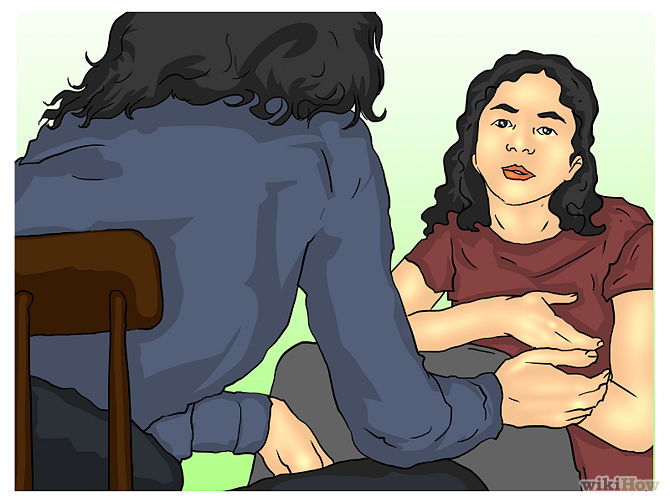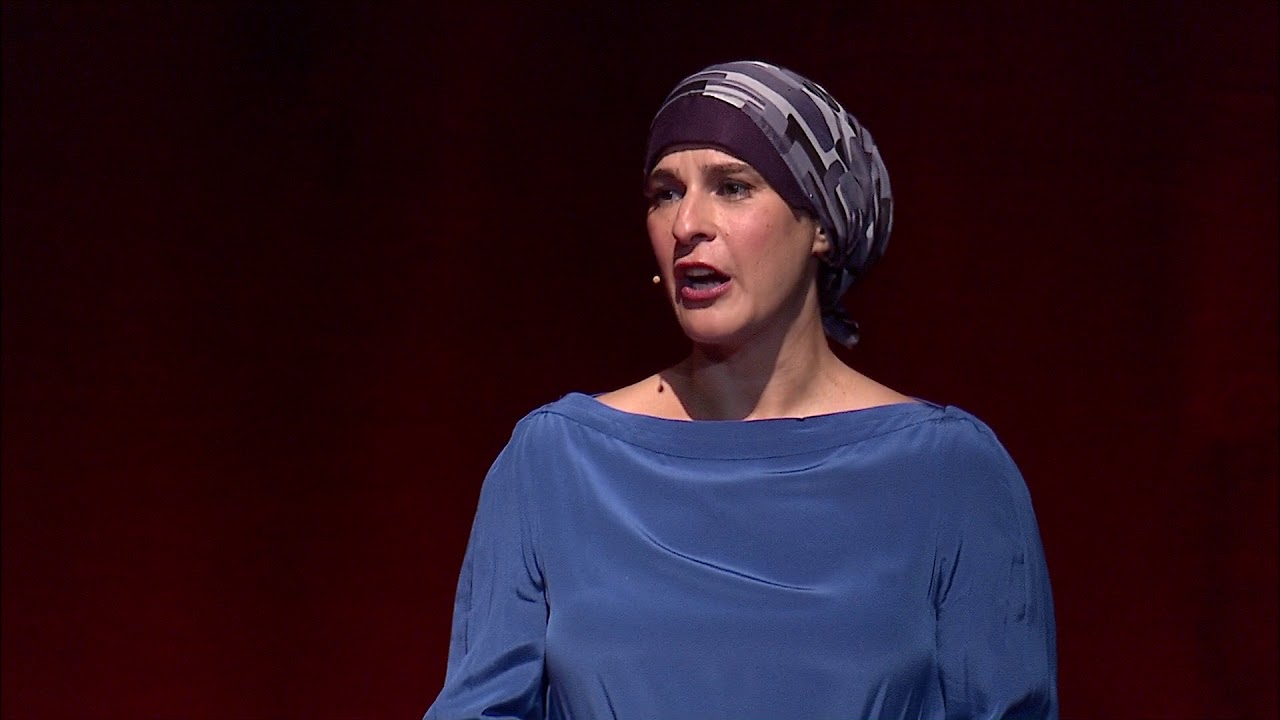[This question was truncated to protect anonymity]
My niece, Chandni, has been through a lot of challenges since her early childhood– family breakup, abandonment, addiction problems, fear of connecting with people. I want to help her but I don’t know how. What should I do? What should I say to her? She doesn’t trust mental health professionals.
–Anonymous
Dear Anonymous,
Assalamu Alaikum. It’s sad to hear the story of your sister and her children, and the intergenerational cycle of abuse. It can be painful to see the people we love making choices that harm them, including refusing to seek treatment, but Mashallah Chandni is blessed to have an aunt to cares so much.
With someone who has gone through as much as Chandni has, the best you can do is exactly what you are doing: being there for her in the ways that she asks for and needs. Being an aunt who listens to her troubles, assures her that she is loved and valued, and does not judge her are all ways of engaging with your niece that can lead to healing. Don’t underestimate the powerful impact that simply sitting down and patiently listening has on a person who is suffering. It conveys the message that a person, no matter her struggles, is valuable and worthy. This is a message she may not have received before and she’ll need to hear it in many ways over and over again.
In general, it is best to avoid giving advice unless she specifically asks for counsel. If you feel strongly about advising her, ask first if she is willing to hear you out, because if she shuts down the moment you open your mouth, no matter how wise the guidance, it is pointless. Since it seems you are a constant in her life, an opportunity to talk about treatment might present itself in the future. So no need to rush it or push it. If you notice an opening for dialogue, make sure you help her find a therapist who specializes in working with people who had endured complex trauma. It is critical to successful treatment that she speaks to the right person and not come away thinking that therapy was, as she suspected, useless.
It may take many months or even years before Chandni is ready to try treatment again or before you see signs of progress. May Allah give you the strength and fortitude to stay the course, and may He give you self-compassion for the times when it becomes too much for you (this is normal).
I suggest you consider counseling for yourself because being there for Chandni may be overwhelming at times. Having a space for you to release your stress and to bounce ideas off of a professional could be helpful both for you, and indirectly for Chandni.
Sincerely,
Salma
Salma Abugideiri is a licensed professional counselor with almost 20 years of experience. She is also a founding board member for Peaceful Families Project, a national non-profit organization dedicated to ending domestic violence in Muslim families. More information is available at www.peacefulfamilies.org andwww.wellnessthroughcounseling.
Licensed Professional Counselor
8233 Old Courthouse Rd, Suite 340
www.wellnessthroughcounseling.com
703-435-8667
Submit your question below!




